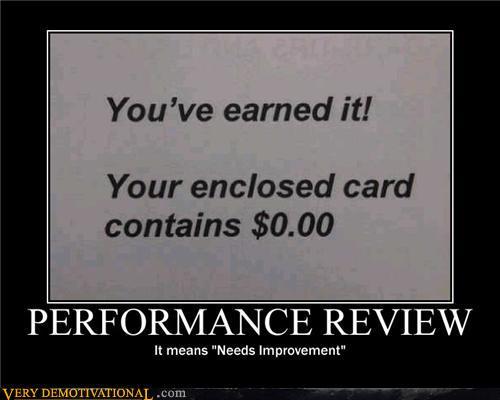When I first joined iDoneThis, I hated our weekly meetings. They were demoralizing and amorphous. We rambled on, drowning in circuitous discussions about product that led nowhere. The meetings became a chore, making us feel like sulky high school students waiting for the bell to ring.
LinkedIn CEO Jeff Weiner noticed a similar bad meeting phenomenon of tending to “devolve into a round robin of complaints.” His unconventional solution was to change up the meeting format by promoting something you wouldn’t expect: gratitude.



